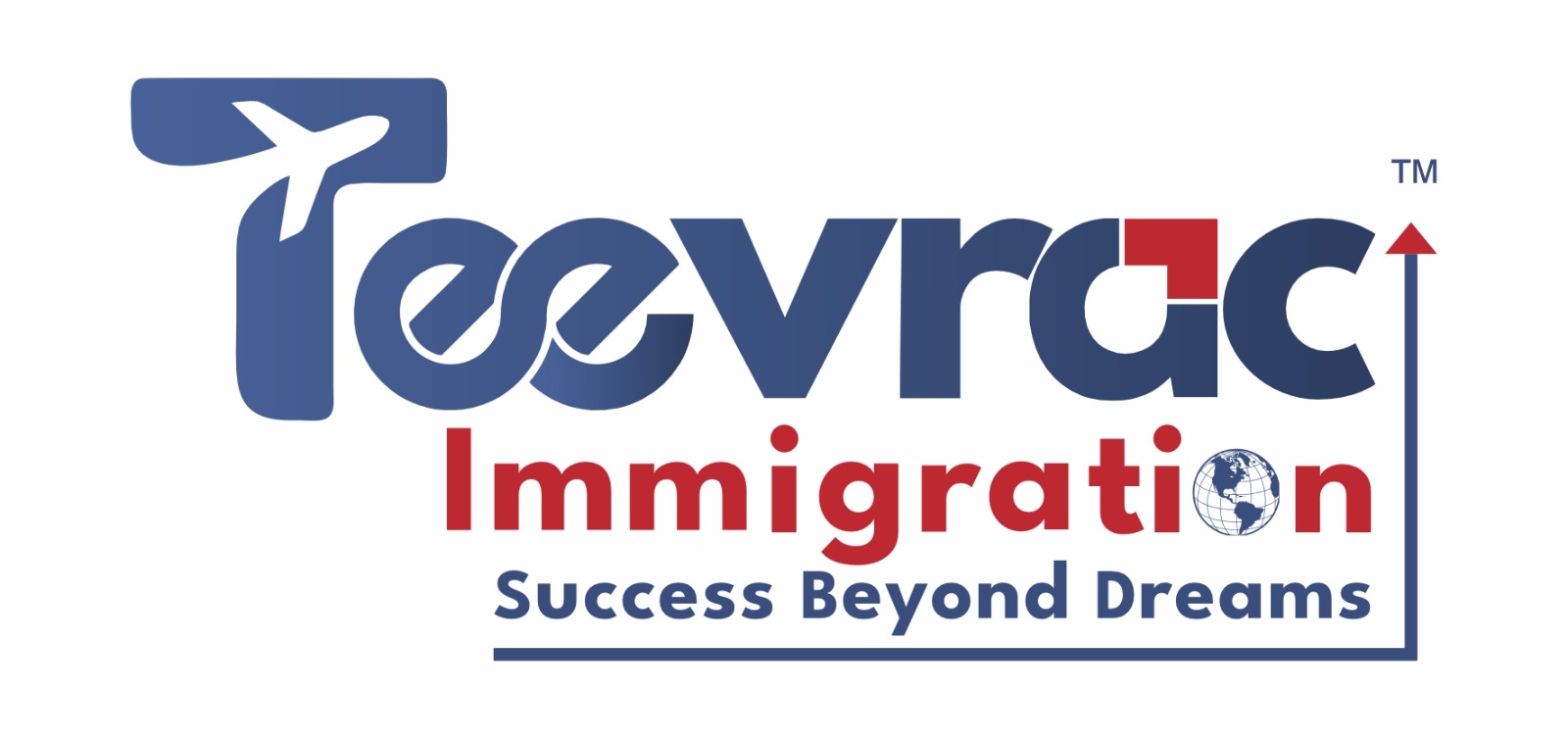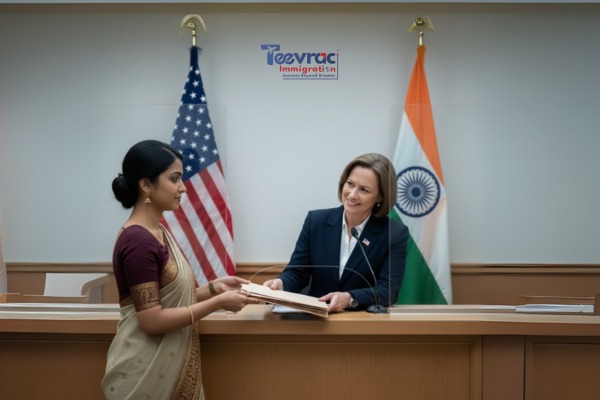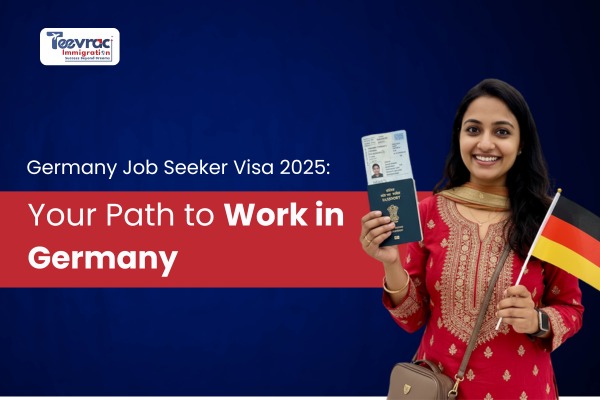The US Department of State has announced a significant policy change: all nonimmigrant visa applicants must now schedule their interviews in their country of nationality or residence. For Indian applicants, this eliminates the previous option of booking faster visa appointments in other countries and increases dependency on Indian US consulates.
Which US Visas Will Be Affected?
This new rule impacts almost every category of nonimmigrant visa, including:
- F-1 and M-1 Student Visas – Students will no longer be able to bypass India’s long wait times by booking slots in neighboring countries.
- H-1B and L-1 Work Visas – Professionals seeking faster stamping abroad will now face longer delays in India.
- B-1/B-2 Visitor Visas – Families and tourists must rely solely on Indian consulates, extending holiday and travel planning timelines.
- Dependent Visas (H-4, L-2, F-2) – Dependents of students and professionals may face scheduling hurdles if not planned early.
- Exchange and Business Visas (J-1, O, P) – Applicants in specialized categories must also follow the new country-of-residence requirement.
In short, the rule applies to all nonimmigrant visa categories unless an emergency or special foreign policy reason justifies an exception.
Exceptions: Nationalities with Designated US Visa Locations
Some countries without a functioning US consulate have designated visa locations:
| Nationality | Designated Location(s) |
| Afghanistan | Islamabad |
| Belarus | Vilnius, Warsaw |
| Chad | Yaoundé |
| Cuba | Georgetown |
| Haiti | Nassau |
| Iran | Dubai |
| Libya | Tunis |
| Niger | Ouagadougou |
| Russia | Astana, Warsaw |
| Somalia | Nairobi |
| South Sudan | Nairobi |
| Sudan | Cairo |
| Syria | Amman |
| Ukraine | Krakow, Warsaw |
| Venezuela | Bogota |
| Yemen | Riyadh |
| Zimbabwe | Johannesburg |
For Indian nationals, no such exceptions exist—all interviews must be scheduled only in India.
Impact of US Visa Rule Changes on Indian Applicants
- Extended Wait Times: Longer queues at US consulates in Delhi, Mumbai, Chennai, Hyderabad, and Kolkata.
- Risks of Missed Opportunities: Students could miss academic intakes, and professionals might face delays in starting overseas jobs.
- No Alternate Routes: Applying in a third country for faster processing is no longer allowed.
How Indian Applicants Can Avoid Long Delays in Visa Processing
To handle these new challenges, Teevrac Immigration recommends:
- Book Appointments Early – As soon as your DS-160 form is complete, reserve your slot.
- Prepare with Mock Visa Interviews – Reduce rejection risks with professional training.
- Plan Documents in Advance – Ensure accuracy to avoid rescheduling or delays.
- Stay Informed – Visa rules evolve quickly; following updates is essential.
- Seek Expert Guidance – Professional consultants can save you months of waiting time.
How Teevrac Immigration Supports Indian Visa Applicants
At Teevrac Immigration, we guide applicants through every stage of the process with:
- Student, work, and visitor visa assistance
- Mock interview preparation tailored to US consulates
- Slot booking strategies to reduce waiting periods
- Timely updates on US visa regulations
Contact Teevrac Immigration for US Visa Guidance
???? Office: Teevrac Immigration
???? Phone: +91-XXXXXXXXXX
???? Email: [email protected]
???? Website: https://teevracimmigration.com/
Final Word on New US Visa Rules
The new US visa rules for Indian applicants will affect students, professionals, and families alike. With longer wait times and no shortcuts abroad, the only way to succeed is through early preparation, strong documentation, and professional guidance.
???? Want to know how to apply for a USA visa Get assistant now
FAQs on New US Visa Rules 2025
Can I still apply for a US visa from another country?
No. Under the new rule, all nonimmigrant visa applicants must apply in their country of nationality or residence. For Indian citizens, this means you can only apply in India.
Which US visa types are most affected?
All nonimmigrant visa categories are affected, including student visas (F-1, M-1), work visas (H-1B, L-1), visitor visas (B-1/B-2), and dependent visas like H-4 and L-2.
Why did the US introduce this new visa rule?
The update ensures that applicants apply within their home systems for better security and consistency. Exceptions are only granted to certain nationalities without functioning US consulates.
How long will the waiting time be for Indians?
Wait times vary by city, but with this change, Indian consulates are expected to face longer delays than before. Early planning is the best way to secure a timely slot.
How can I reduce my risk of rejection?
Strong documentation and mock interview practice are the best safeguards. At Teevrac Immigration, we help you prepare thoroughly for your US visa interview.



